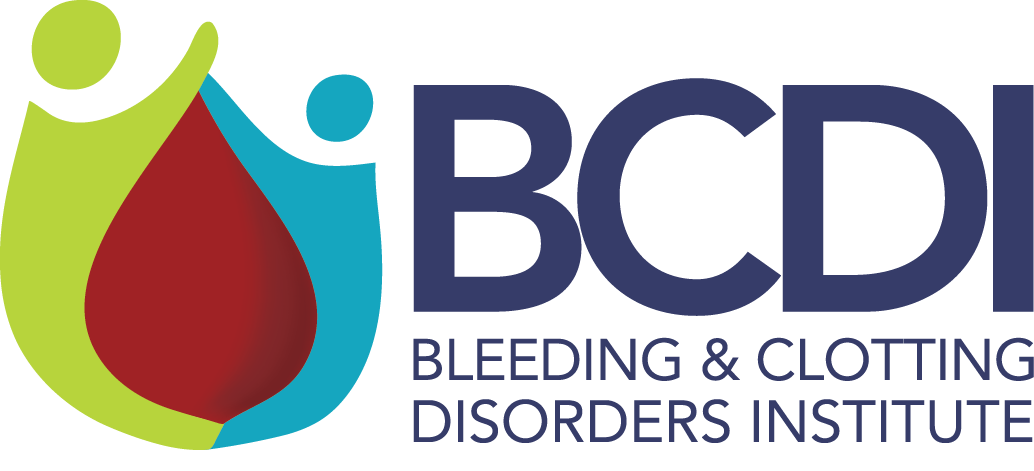Homocysteine is a chemical in the blood that is produced when an amino acid (a building block of protein) called methionine is broken down in the body. We all have some homocysteine in our blood. Elevated homocysteine levels (also called hyperhomocysteinemia) may cause irritation of the blood vessels. Elevated levels of homocysteine show an increased risk for (1) hardening of the arteries (atherosclerosis), which could eventually result in a heart attack and/or stroke, and (2) blood clots in the veins, referred to as venous thrombosis.
Homocysteine is produced when the amino acid methionine is metabolized in the body.Some individuals have elevated blood levels of homocysteine (also called hyperhomocysteinemia). Elevated levels of homocystein in the blood may result in blood vessel irritation and blood clots.
